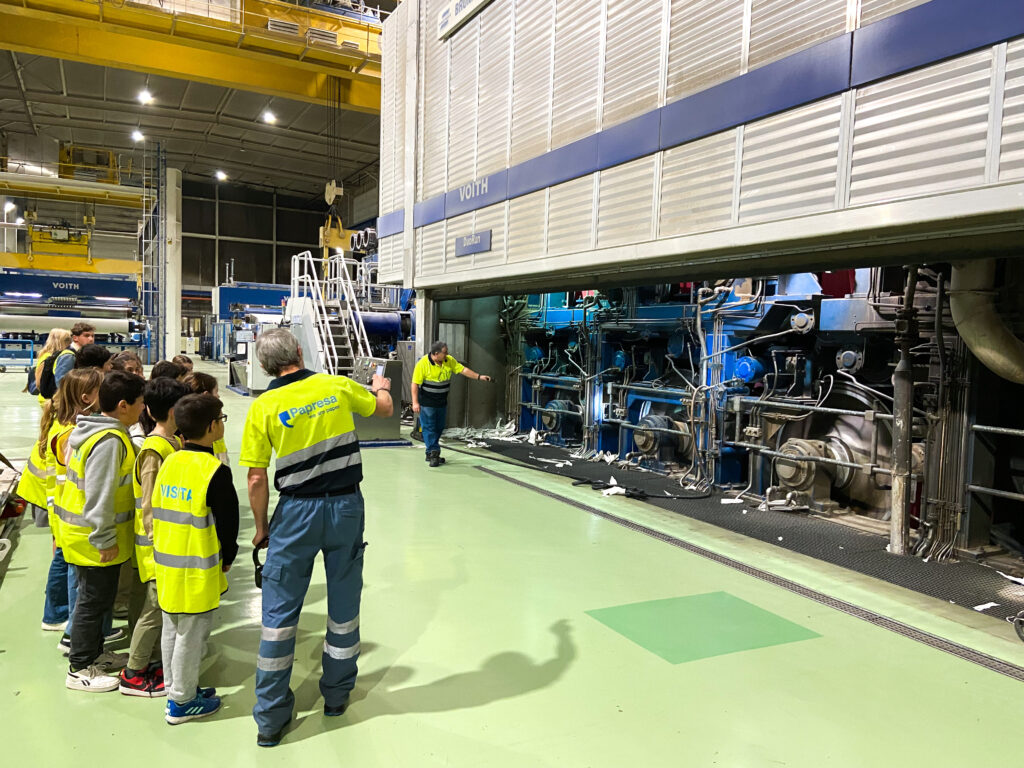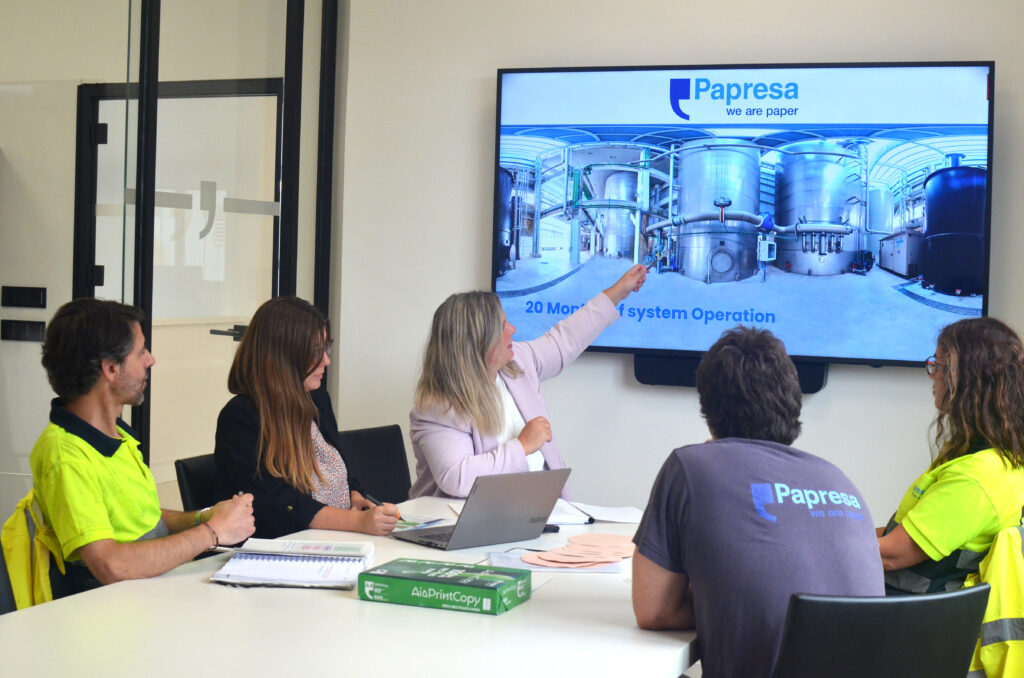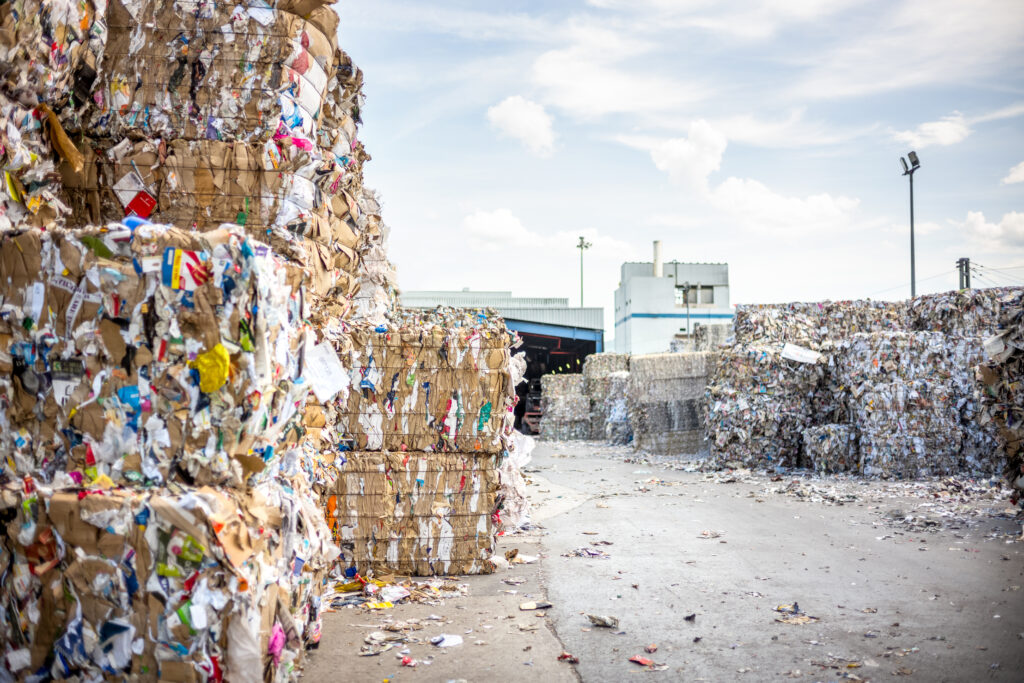We play a key role in local development
We play an active role in improving the community of Errenteria and the Basque Country, generating impact through proximity, active listening and social commitment. We support solidarity actions that generate shared value and promote alliances and collaborative networks that foster a more just, inclusive and sustainable future for our region.

SOCIAL AWARENESS
Environmental awareness and education: implement environmental training within the organisation, providing knowledge and awareness to all those involved throughout the chain.
Social awareness of environmental care: guided tours especially for school groups within Local Agenda 21.
SOCIAL ACTIONS
Participation in forums on the circular economy and the paper industry.
Collaboration with all kinds of non-profit organisations and associations, and support for sporting and social activities in our local area. Promotion of cooperation for development in all sectors.
We give technical talks by our experts.


PAPRESA TEAM
Generate stable and skilled employment.
Development and implementation of SGPRL (Occupational Risk Prevention Management System). Continuous training in safety, quality, environment and technical areas.
Social programmes for integration into employment, in compliance with the LIONDAU Law (Law on Equal Opportunities, Non-Discrimination and Universal Accessibility for People with Disabilities) with contracted personnel.
WASTE MANAGEMENT
Investments in more efficient production processes: lower resource consumption directly translates into less waste production. We use recovered paper as raw material.
Reduced consumption: improving efficiency means financial savings and savings in the use of natural resources and, therefore, a reduction in the environmental impact of the activity.

ASSOCIATIONS